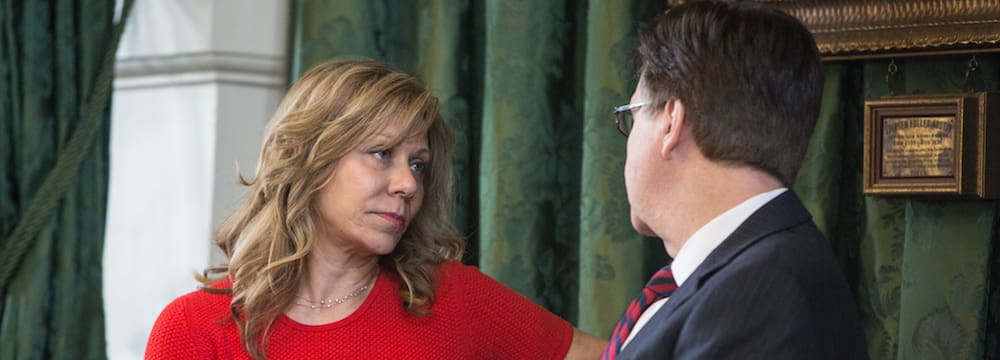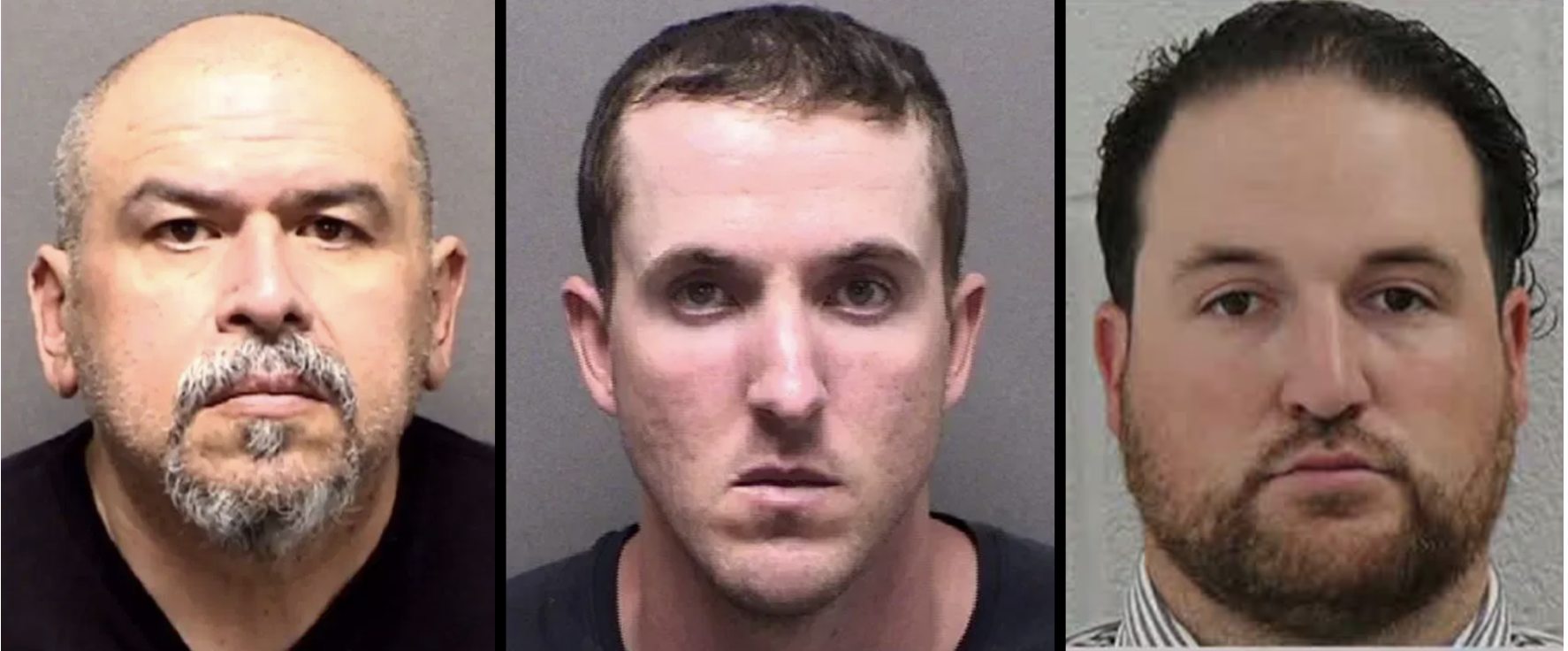Now that the legislative session is underway, issues that have festered through the interim are beginning to get hearings in their respective committees. Government collection of union dues, which has garnered opposition from Republican Party of Texas delegates, and was the subject of an interim charge by Lt. Gov. Dan Patrick, just received its first Senate committee hearing. SB 13, the bill targeting this practice, was filed by State Sen. Joan Huffman (R-Southside Place).
Currently, government entities can automatically deduct union membership dues from employees who choose. After collection, the entity then remits those funds to whichever union the employee is a member of.
Simply put, opponents want public-sector unions to collect their own membership dues – as most other entities do. Supporters of the practice continue to claim that the issue is rooted in attempts to weaken unions. If requiring members to actively – rather than passively – pay their dues is going to negatively impact membership, then unions should reevaluate if they are actually providing a substantive benefit to their members.
One of the arguments that came up during the committee hearing was the notion that ending dues collection wouldn’t provide a public benefit. That isn’t the case.
If nothing more, it would enhance Texans’ trust in government. Questions regarding who legislators are actually working for always persist, and the fact that they negotiate contracts with unions who donate (thousands of dollars in some cases) to their campaigns can seem like a direct conflict of interest.
No proponent of this reform argues necessity based on the cost to taxpayers, as it is negligible. However, taxpayer resources are used to remit these funds, and unions – no matter how much they disagree – are inherently political organizations.
It has been widely reported that the Comptroller’s office during fiscal year 2016 remitted over $6 million in payroll deductions for over 45,000 state employees. Whether that was done by personnel or computer programs is irrelevant: taxpayer resources were used.
Another argument made by some Senate state affairs committee members was that a change in the way the government and unions currently operate would limit some employees’ access to liability insurance.
In many positions, like teachers, unions or associations offer insurance that can assist with issues that arise while performing their duties. But, the argument that they would no longer have that insurance is baseless. A change in the practice isn’t prohibiting any dues from being given to the union, it is simply requiring members to actively make that payment themselves.
This practice also has an indirect impact on private business. Funds spent by unions are often used advocating for issues that tend to be at odds with private business interests.
Some testimony claimed that many unions’ members don’t have checking or bank accounts and a change in the process would make it much more difficult, or even impossible, to pay their dues.
Yet, a representative for the City of Houston testified that out of the 22,000 employees issued payroll on a biweekly basis, at most, 200 of them receive a paper check. The rest either have a bank account or a city-provided debit card, most likely from a credit union, to have their checks deposited.
Another false argument is that having government collect these dues is the safest and easiest way for the members. It’s hard to believe that the government could provide a safer and simpler alternative than the private sector could.
Regarding political action committee donations, the Texas State Teachers Association’s website says, “Together, we can change the future, and it’s easy to contribute online through our secure PayPal page!” So, TSTA, who had members testify against SB 13, considers PayPal an “easy” and “safe” way to donate to something as important as their PAC – yet that same method isn’t safe or easy enough for their members to submit dues.
The truth is, many of the unions are afraid that if members have to actively contribute their dues, they will begin to question what benefits they are actually receiving in exchange for the money they are paying. However, that is an internal problem that individual members and their associations should address consciously.
The time has long come for this practice to end, and hopefully this session will be the one to do it.




